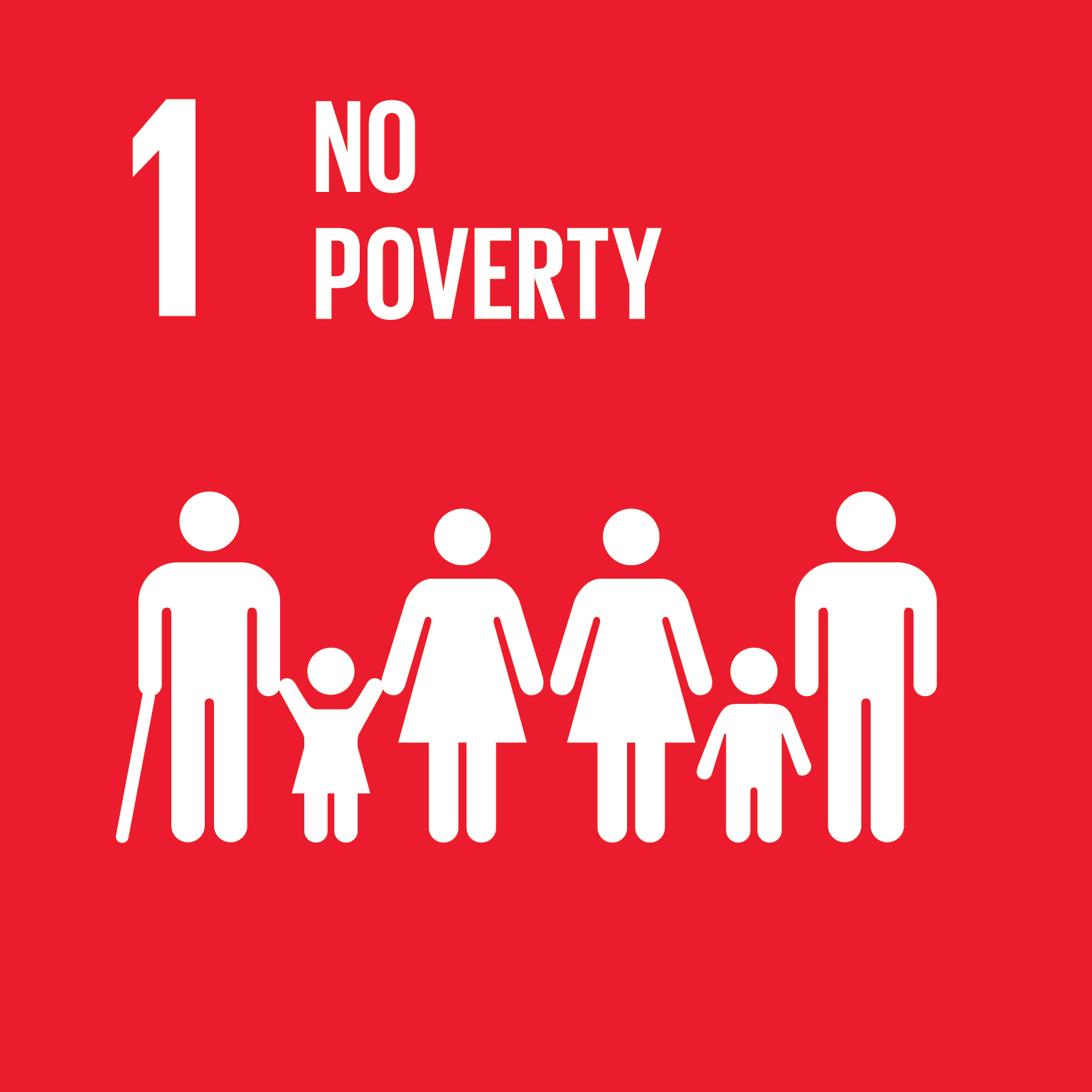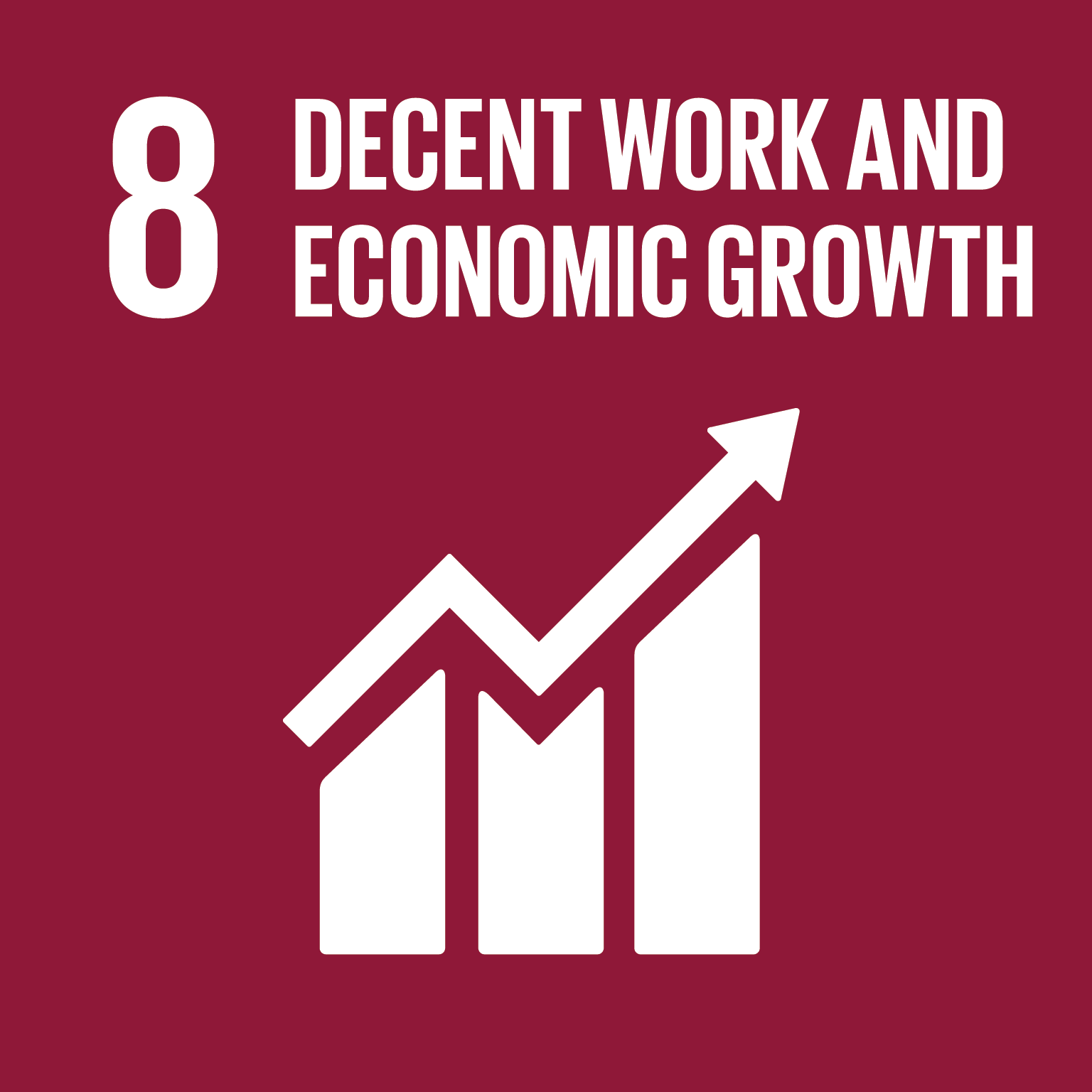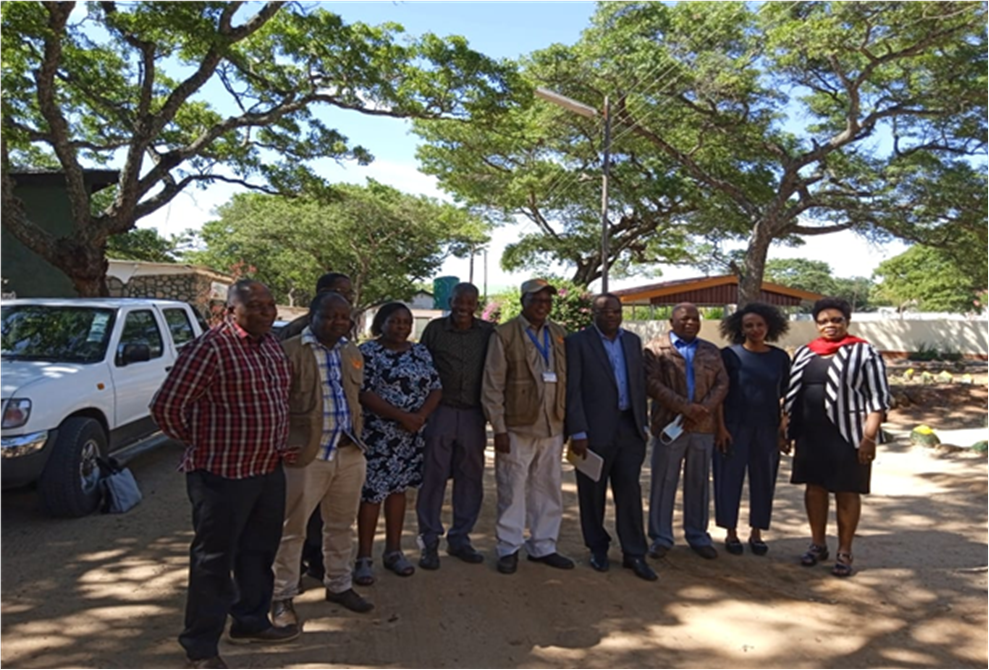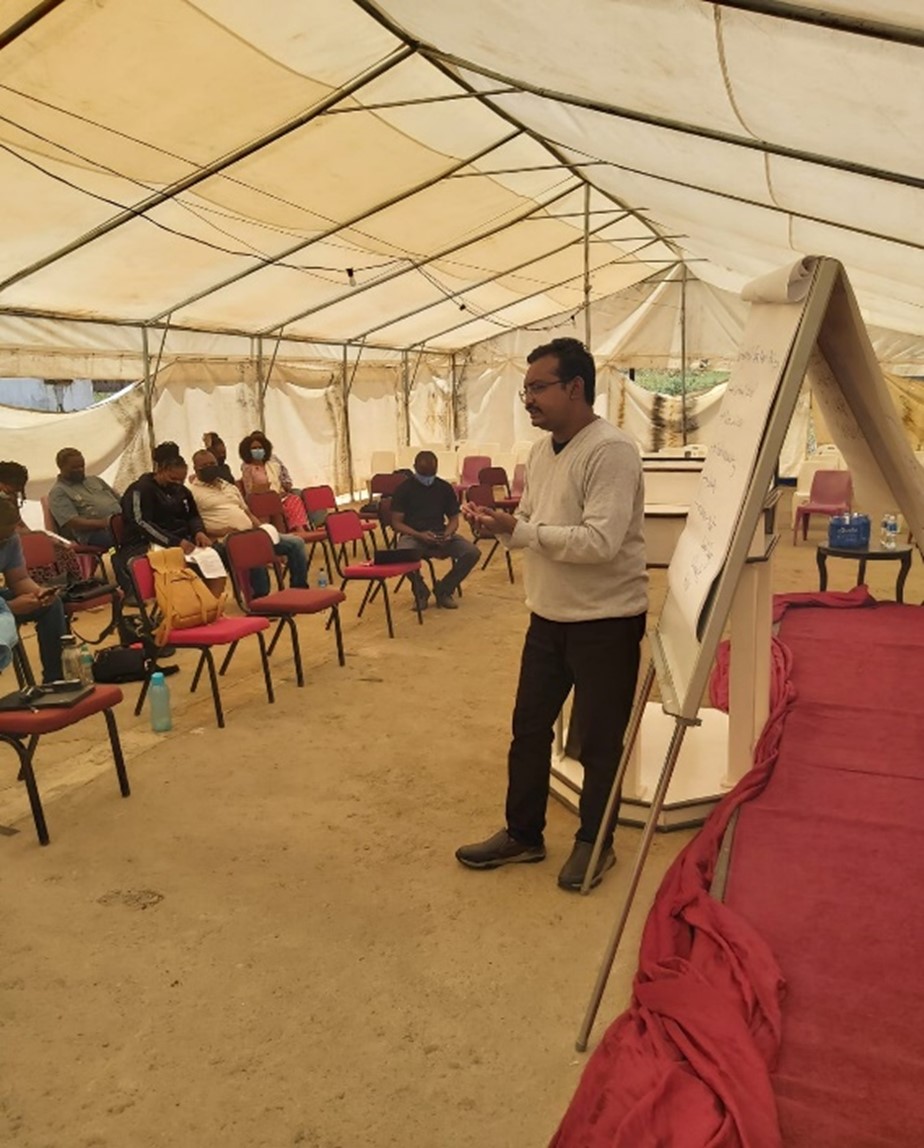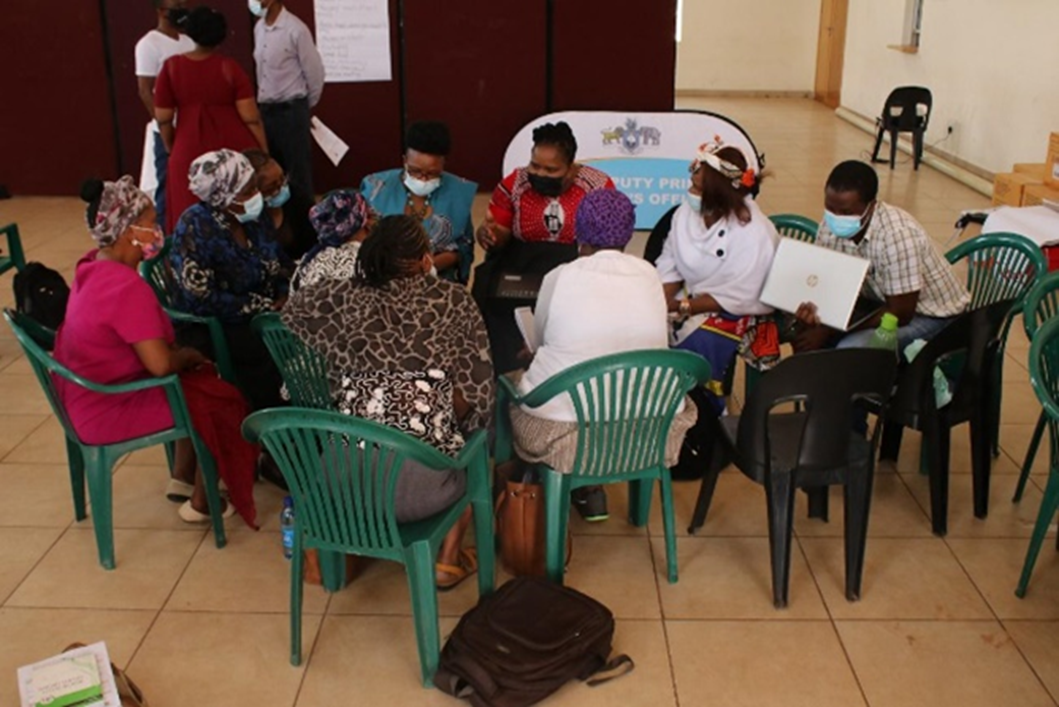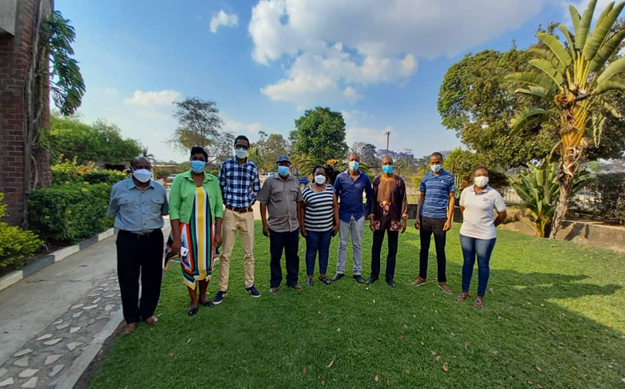Adaptation of 3PA to Urban and Displacement Settings
Using South-South and Triangular Cooperation in World Food Programme Three-Pronged Approach capacity strengthening through cross-learning initiatives
Challenges
The World Food Programme’s (WFP) Three Pronged-Approach (3PA) has become instrumental in the design, planning and implementation of programmes in integrated resilience-building, safety nets, public works programmes, emergency preparedness and response. WFP has been equipping universities to take full ownership and to apply 3PA to support strengthening the capacities of governments and partners. Universities can be good implementors of the 3PA given the rigorous consultation process and technical detail of the information collected and analysed through the 3PA. With the success of the roll-out and applying 3PA tools through universities, there has been an impetus in some countries to adopt a similar approach – namely eSwatini and Mozambique in Southern Africa (Regional Bureau Johannesburg (RBJ)) and Kenya and Ethiopia in East and Central Africa (Regional Bureau Nairobi (RBN)). However, due to the wide diversity in geography, economy and political context – it often appears challenging to build the capacity of target stakeholders on 3PA and it is also time- and resource-demanding.
Towards a Solution
To address these challenges, RBJ, with support from the Livelihoods, Asset Creation and Resilience Unit (PRO-RL) in the Programme – Humanitarian and Development Division in WFP Headquarters (HQ), leveraged South-South and Triangular Cooperation (SSTC) to enable cross-learning visits where one single roll-out engaged multiple country stakeholders and economized the use of time and resources, while having a more significant impact within and across regions.
WFP facilitated a cross-learning initiative among participating countries – eSwatini, Mozambique and Zimbabwe – that included training and in-field missions for exchanges on Seasonal Livelihood Programming (SLP). In the long run, this initiative will be scaled up to support more countries implementing the SLP. It will continue to enable networks among countries and universities to promote knowledge-sharing between practitioners and academia, and will provide a good example of how to set up and run sustainable partnerships. This initiative directly contributes to achieving target 17.6 of SDG 17 which aims to enhance South-South and triangular regional and international cooperation on and access to science, technology and innovation and to enhance knowledge-sharing on mutually agreed terms, including through improved coordination among existing mechanisms.
In particular, this project enabled cross-learning and exchange visits which were designed and articulated in such a way that in three months all target universities and government staff in the four countries concerned would be well-trained on the rural and urban Seasonal Livelihood Programme.
In close collaboration with countries and universities, WFP RBJ and PRO-RL jointly designed these exchange visits to promote cross-learning on the implementation of 3PA in the SLP and supported the host countries in the preparation and roll-out of rural and urban SLPs. The approach was divided into three phases. In phase 1 (26 Sep - 04 Oct 21), the National University of Science and Technology (NUST) in Bulawayo, with support from the WFP Country Office in Zimbabwe, organized and rolled out a rural SLP in Uzumba Maramba Pfungwe district with the participation of delegates from eSwatini and Kenya.
In phase 2, an SLP Lead Trainer from NUST deployed to eSwatini (11 Oct – 05 Nov 21) to facilitate one urban SLP in Mbabane West, and one rural SLP in Nhlambeni District with the participation of delegates from Mozambique. Finally, under the leadership of NUST, the WFP Zimbabwe Country Office organized a rural SLP in Hwedza District (08-11 Nov 21) with the participation of delegates from Ethiopia and Kenya.
Through this small-scale initiative, RBJ and PRO-R were able to effect a much greater impact than anticipated and achieved the following outcomes:
- Skills to replicate SLPs in four new countries were developed, first by exposing trainees to the SLP through the study tours, and then by having trainees replicate the learning (with mentoring) on their return. This was demonstrated through the SLP’s undertaken, the reports produced and the evaluation of trainees during their implementation of SLPs.
- SLP capacities in the two Eastern and Southern African regions expanded through nine new facilitators from four universities (and one WFP CO) to further support WFP RB, CO and government SLP requests.
- Universities from five countries established relationships with each other and have initiated a network of support and experience-sharing.
- Government exchanges on SLP were facilitated between three countries among eSwatini, Mozambique and Zimbabwe on the use of SLP for their own policy, strategy and programmatic developments, thereby facilitating the introduction of SLP to government.
The unique part of this cross-learning approach is the engagement of government and leadership of the university, where the WFP only plays a facilitator’s role.
To ensure the sustainability of this initiative, WFP adopted an approach to transfer the 3PA to full university ownership for the country. This builds on the experience of RBJ with countries like Madagascar, Malawi, Mozambique, the United Republic of Tanzania and Zimbabwe to establish longer-term strategic partnerships and signing of MoUs with universities. After this the South-South project PRO-RL and RBJ were working with the WFP Country Office in eSwatini to facilitate a long-term partnership with the University of eSwatini.
In addition, RBJ supported a successful partnership with the Deputy Prime Minister’s Office and Ministry of Thinkundlas (eSwatini) and the Tanzania Social Assistance Fund (TASAF) – the largest public works programme in Tanzania in terms of government capacity strengthening through 3PA.
The same approach can be replicable in French-speaking (Democratic Republic of the Congo, Republic of the Congo, and Madagascar) and Portuguese-speaking (Angola, Mozambique) countries in the region. This will both build the capacity of the universities and national government staff and contribute to knowledge management in French and Portuguese.
Some of the key lessons learned through this cross-learning initiative enabled by SSTC are outlined below:
- Strengthening networks is critical as it provides more scope for inter-university collaborations even outside the SLP processes to ensure a greater impact on food security and nutrition.
- A preliminary session introducing the SLP and its principles can be conducted with universities learning the SLP for the first time before attending a Training of Trainers session. This is key for the preparation for the SSTC exchanges.
Some lessons learnt on the SLP process itself include the following:
- Participation of community representatives breeds ownership, educates them on resource endowments and other critical capacities which will likely translate into sustainable development initiatives in the target district.
- The use of relevant examples during facilitation enhanced understanding and steered debates during SLP consultations. And seasonality brings to the fore the salient preparedness, protection and investment interventions.
- There was an excellent mix and participation from socio-economic groups and technical partners, and the active participation of women was encouraging.
- The SLP process provides for a catalytic potential to support monitoring and evaluation of pro-poor policies and practices.
- Visiting teams appreciated the hands-on training and indicated that they felt empowered and better prepared to roll out similar SLP exercises in their respective countries.
Contact Information
Mr. Preacherd Donga, Programme Policy Officer, WFP | Ms. Katherine Gaylord, SSTC Consultant, WFP
Countries involved
Ethiopia, Kenya, Mozambique, Zimbabwe
Nominated By
No Organization
Supported By
WFP South-South and Triangular Cooperation
Implementing Entities
WFP Regional Bureau Johannesburg
Project Status
Completed
Project Period
10/2021 - 12/2021
Sectors
Capacity Building
Primary SDG
17 - Partnerships for the Goals
Secondary SDGs
02 - Zero Hunger
Primary SDG Targets
17.6Similar Solutions

